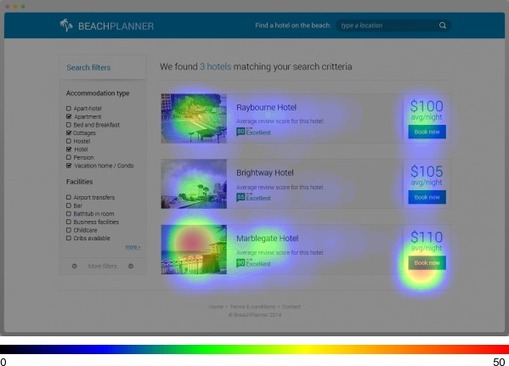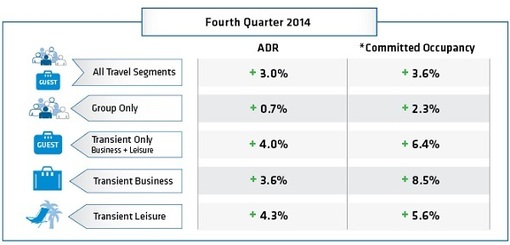US Department of Transportation (DOT) Likely To Apply Stricter Consumer Protection Regulation To Metasearch Sites
The US Department of Transportation has proposed a new travel metasearch rule. Google, Kayak, Hipmunk, Skyscanner, Travelzoo, and TripAdvisor oppose it.
Source: www.tnooz.com
One of the more surprising counter-arguments by the lawyers of the six metasearch companies that are putting up a united front against the DOT (Google, Kayak, Hipmunk, TripAdvisor, Skyscanner, and Travelzoo/Fly.com) is this: “The metasearch site, in connection with a consumer’s search and the provision of responsive data, does not collect personal identification, payment, or frequent flyer information from the user.” That statement is surprising because the conventional wisdom in the industry is that metasearch sites are about to start doing precisely that. Plans are believed to be afoot for metasearch sites’s user interfaces to ask users for identifying information, payment details and loyalty program membership accounts to help filter relevant search results and speed up the purchase. This functionality is said by some insiders to be vital for mobile apps and websites. Users want to be able book travel without having to leave the metasearch sites themselves and without having to type in their credit card and loyalty numbers repeatedly on tiny devices. But metasearch companies argue they are not actually “collecting” that information. They are passing it through to the third-parties.



